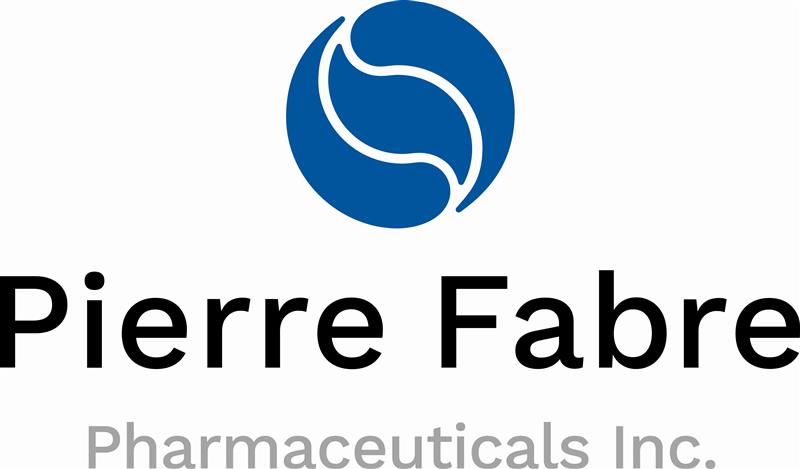Hepatoblastoma in Angelman Syndrome: do imprinting disorders lead to increased risk?
Veronica Lee DO1, Kyla Colcombe DNP1, Veena Venkat MD1, Mary Ayers MD1, Michelle Roe MD2, Andrew Bukowinski MD2, Rachel Smith MD1.
1Pediatric Gastroenterology, Hepatology and Nutrition, UPMC Children's Hospital of Pittsburgh, Pittsburgh, PA, United States; 2Pediatric Hematology and Oncology, UPMC Children's Hospital of Pittsburgh, Pittsburgh, PA, United States
Introduction:
Angelman syndrome (AS) is a neurodevelopmental disorder with characteristics of severe intellectual disability, speech impairment, seizures, movement disorders and hyperactivity. It is an imprinting disorder affecting chromosome 15q11-q13 and can be further categorized into classes based on the specific mutation. Genetic imprinting is critically important in embryonal growth and development. While other imprinting disorders, such as Beckwith-Widemann Syndrome, are associated with a known risk for embryonal tumors, there is no reported association between AS and hepatoblastoma.
Method:
This is a novel case report of hepatoblastoma in a patient with AS and a review of the existing literature.
Results:
We report a 10-year-old full-term female with a known diagnosis of AS who presented with symptoms of nausea, vomiting, abdominal pain and dehydration. Initial labs were significant for elevated transaminases, direct bilirubin, alkaline phosphatase, and gamma glutamyl transferase. Carbohydrate antigen 19-9 was elevated at 47.9/mL. Ultrasound and magnetic resonance imaging demonstrated portal vein occlusion as well as multiple, heterogenous hepatic lesions, suggesting a necrotic and hemorrhagic nature. Her liver biopsy was consistent with multifocal intravascular hepatoblastoma, epithelial type with a predominantly primitive embryonal pattern.
Conclusions:
This is the first reported case of hepatoblastoma in a patient with AS. Her case is unique given the absence of other risk factors for hepatoblastoma and her older age of presentation. Understanding the possible role of genetic imprinting on the development of hepatoblastoma would have implications for screening and management.
The WebApp is sponsored by:

If you have any questions during the meeting, please go to the registration desk. Our emails will be monitored sporadically.
REGISTRATION DESK OPENING TIMES
Thursday, May 1, 2025, 07:00-17:30 Friday, May 2, 2025, 07:00-12:00